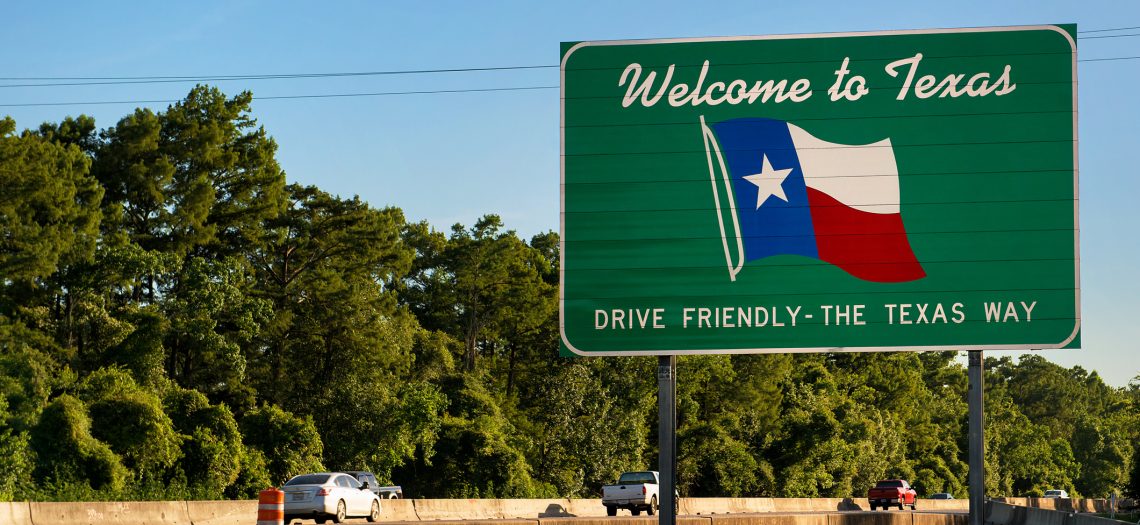
The online personal finance site WalletHub recently completed a study on the top 20 hardest-working cities in the United States out of a comparison of 116 American cities. Eight cities in Texas made this list. However, being ranked as a hardest-working city may not necessarily be good news for workers in the state.
Texas Cities – Where Are They on the List?
Texas cities that made the list include the following in these rankings:
- Irving – 3rd
- Plano – 5th
- Austin – 8th
- Dallas – 11th
- Corpus Christi – 13th
- Fort Worth – 15th
- Arlington – 18th
- Garland – 19th
Houston was nearby as number 22 in the nation.
Rounding Out the Other 12 Cities
Other cities that made the top 20 list are in the following rankings:
- Anchorage, Alaska – 1st
- San Francisco, California – 2nd
- Virginia Beach, Virginia – 4th
- Denver, Colorado – 6th
- Aurora, Colorado – 7th
- Cheyenne, Wyoming – 9th
- Sioux Falls, South Dakota – 10th
- Norfolk, Virginia – 12th
- Washington, D.C. – 14th
- Chesapeake, Virginia – 16th
- Honolulu, Hawaii – 17th
- Nashville, Tennessee – 20th
Study Methodology
The study looked at ten key measures that directly and indirectly affected the results, including the following:
- Employment rate
- Average workweek hours
- Share of households that have no adults working
- Share of workers who did not use accumulated vacation time
- Share of workers with multiple jobs
- Average commute time
- Annual volunteer hours
- Average leisure time spent per day
Some of these metrics do not reflect positively on employers. For example, unused vacation time may indicate that it is frowned upon to use benefits that a worker is entitled to or that work demands are too high. Additionally, a high commute time indicates that workers spend a significant portion of time on the road to and from work, during which time they are usually not paid.
In another WalletHub study, researchers ranked the state at number 37 for the average commute time with just over 26 minutes and 48th in commuter-friendly jobs. Additionally, the state ranked 47th in the nation for the length of the average work week and number 49th for employee benefits. Combined with other factors, this resulted in the state coming in at an overall 33th ranking for job satisfaction.
What the Study Means for Employees
While “hard-working” is often considered a positive attribute in employees, it can also be associated with negative aspects of a worker’s life, including having unrealistic work expectations or working time that is not properly compensated, such as not being paid the minimum wage, misclassifying employees or not paying overtime. Too much work can also result in employees burning out from a job.
If your employer’s expectation of a hard-working staff has gone too far and runs counter to your rights as an employee, it is important that you have a full understanding of your legal rights and how to enforce them. Our experienced employment lawyers can discuss the facts involved in your case and your legal options. We are available for a free and confidential consultation.
